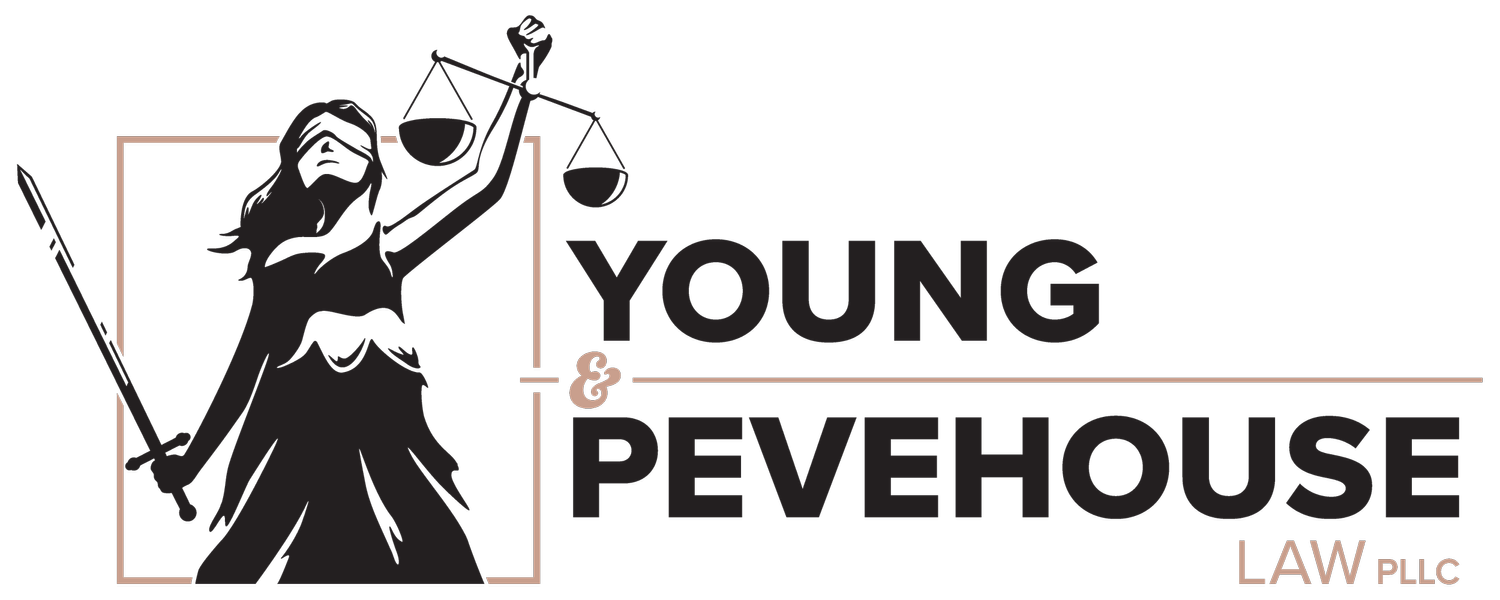Crafting Your Legacy: A Comprehensive Recap of Estate Planning Essentials
Recap of Estate Planning Essentials:
Wills Unveiled:
Definition and Purpose: Wills outline your wishes regarding the distribution of assets after your death.
Probate Process: Wills typically go through probate, a court-supervised process that validates the will and distributes assets.
Guardianship for Minors: Wills allow you to designate a guardian for minor children, ensuring their well-being.
Decoding Trusts:
Definition and Purpose: Trusts are legal entities that hold and manage assets, offering benefits such as probate avoidance and privacy.
Probate Avoidance: Assets held in trusts generally bypass probate, providing a streamlined transfer to beneficiaries.
Privacy: Trusts offer confidentiality regarding your assets and distribution wishes.
Empowering Decisions with Power of Attorney:
Types: Financial power of attorney authorizes someone to manage your financial affairs, while medical power of attorney covers health care decisions.
Durable Power of Attorney: This type remains effective even if you become incapacitated, providing continuity in decision-making.
Preserving Your Wishes: Health Care Directives:
Definition: Health care directives, including living wills and durable power of attorney for healthcare, articulate your medical preferences.
Decision-Making Process: Health care directives guide medical professionals and loved ones during critical moments, ensuring your wishes are honored.
Navigating Probate:
Probate Overview: Probate is the legal process through which a deceased person's estate is settled, involving validating the will, settling debts, and distributing assets.
Minnesota-Specific Considerations: Understanding probate in Minnesota, including state laws and procedures, is essential for effective estate planning.
The Benefits of Having an Estate Plan:
Asset Protection During Your Lifetime: Estate planning provides strategies for protecting assets during your lifetime.
Ensuring Well-Being Through Health Care Directives: Expressing medical wishes ensures that you receive the desired care even if you can't communicate.
Minnesota-Specific Tax Planning: Understanding and planning for Minnesota's estate tax laws can be integral to effective tax planning.
Will vs. Trust in Minnesota:
Wills: Provide flexibility in asset distribution but go through probate. May become public record.
Trusts: Bypass probate, remain private, and offer features like incapacity planning and succession planning for businesses.
Crafting Your Legacy: Next Steps:
Now that we've explored the intricate facets of estate planning, it's time to take the next steps:
Consultation: Schedule a consultation with an estate planning attorney in Minnesota. They can provide personalized guidance based on your unique circumstances and goals.
Review and Update: Regularly review and update your estate plan to ensure it aligns with changes in your life, assets, and legal requirements.
Open Communication: Discuss your estate plan with family members to ensure they are aware of your wishes, minimizing the potential for disputes.
Education: Continue to educate yourself on changes in estate planning laws and strategies to ensure your plan remains effective.
Conclusion:
Crafting your legacy through estate planning is a dynamic and ongoing process. By understanding the essentials we've explored in this series and taking proactive steps, you can secure your financial future, protect your loved ones, and leave a lasting impact on the generations to come. Thank you for joining us on this journey through estate planning, and we wish you success in creating a legacy plan that reflects your values and aspirations.

